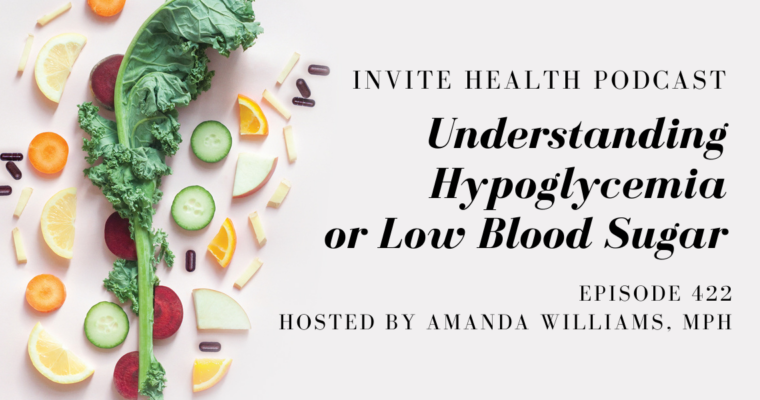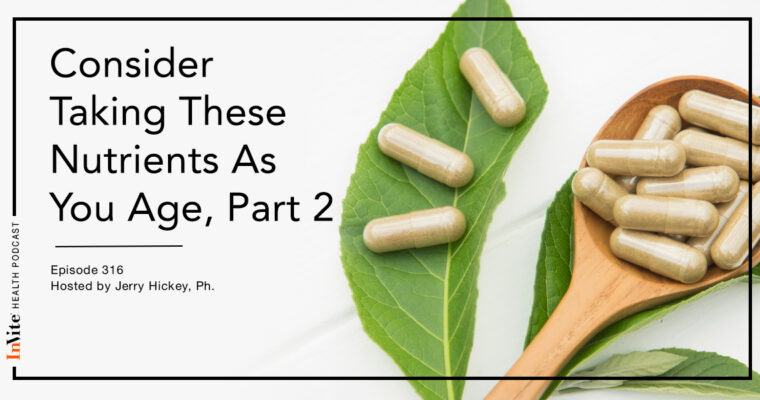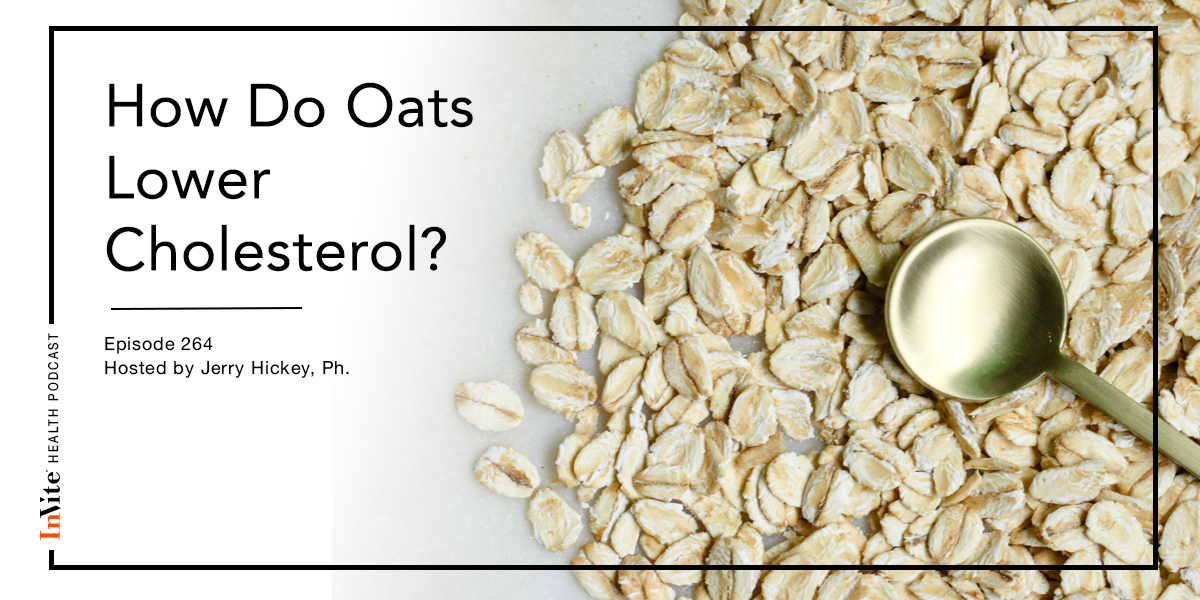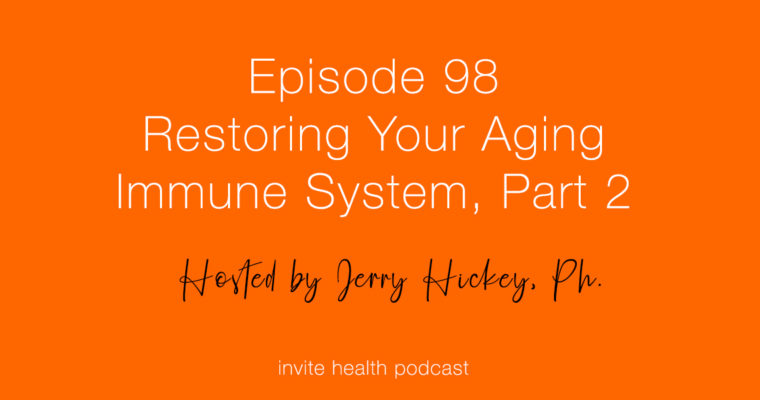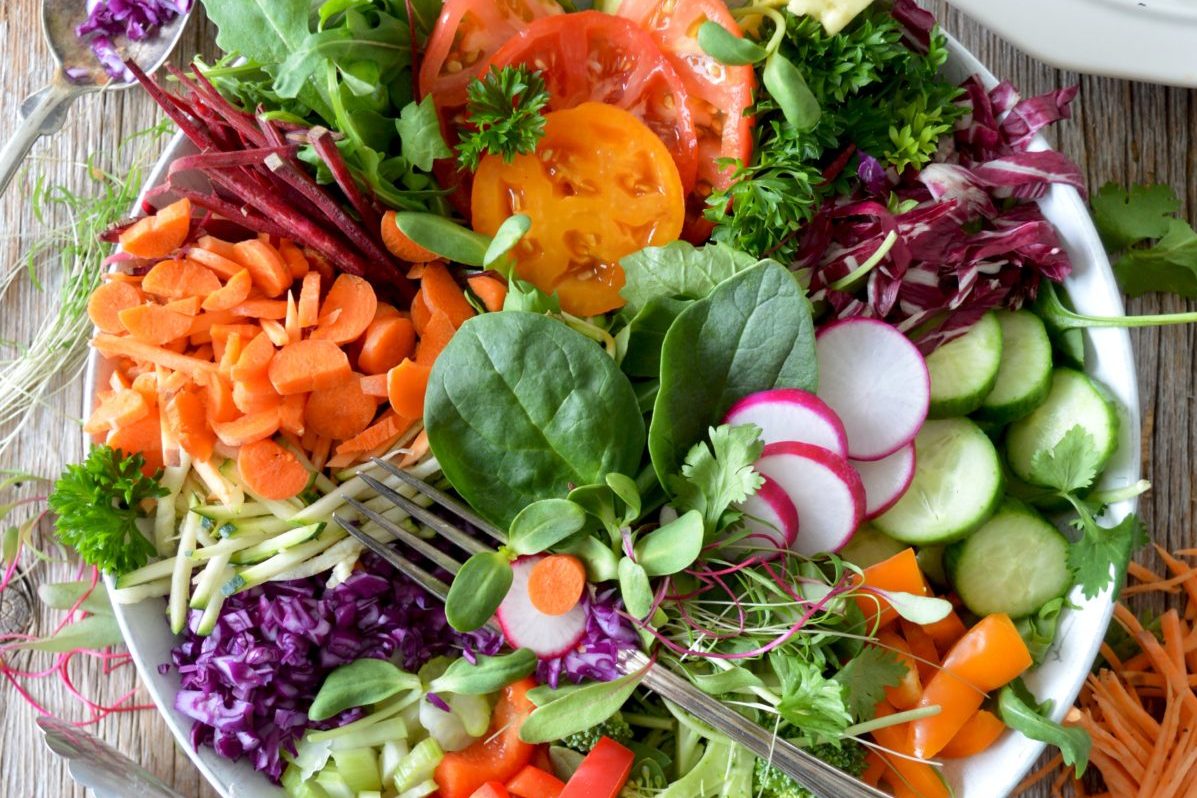oats
Invite Health Podcast, Episode hosted by Jerry Hickey. Ph
Subscribe Today!
Recently, on one of my radio programs, a caller asked how oats lower cholesterol. Why are they heart healthy? I thought this might be a good topic to cover quickly on one of these episodes. You can tune into our new web radio show right on our website from 10AM-11AM every week day. If you have a question you’d like to have answered, call 888-831-3279.
The importance of fiber in oats
Oats are loaded with fiber. There’s the husk, which has a very high concentration of fiber. This is the outer shell of the oat seed. Right below that, the first layers that are edible are the bran. That’s also loaded with fiber. They’re loaded with different kinds of fiber, including both insoluble fiber and soluble fiber.
So, how does this lower cholesterol? Soluble fiber and insoluble fiber help absorb the cholesterol and the saturated fats that are in your foods. One way oats have value is they help lower the amount of cholesterol that can be absorbed, like a sponge. They’ll absorb some of the cholesterol that’s in the bowels.
Policosanol: Nature’s Secret Weapon in Targeting Cholesterol – InVite Health Podcast, Episode 254. Listen Now >>
They also have a second activity. You can’t absorb many fibers and those are the insoluble fibers. Your body and digestive system don’t know this. How do you break down fats to absorb them? You release bile acids and cholesterol is a major component of bile acids. When you eat fiber throughout the day, you’re releasing bile acids to break it down, yet that’s not working, so you keep on releasing bile acids. These acids have to be replaced and this is done by taking cholesterol out of the system and devoting it to making more bile acid. One way you’re blocking cholesterol is by actually inhibiting the absorption in the intestines. A second way is you’re taking cholesterol out of the bloodstream. Beta glucans help do that also.

Beta glucans are very interesting. You find beta glucans in mushrooms, where they’re more involved with stimulating the immune system. The beta glucans in oats are different. The beta glucans in oats are not immune system stimulants. They’re more involved with removing cholesterol.
How to consume oats
You need a good serving of oats. Whole oats, like steel cut oats, need to be cooked. If you’re using instant oatmeal, that’s like eating sugar. Oats should take about 20 minutes to cook.
Oat bran can be eaten raw. Oat bran is part of a healthy diet. In fact, we add it to one of our products called Sterols Plus Hx. This supplement has red yeast rice, which helps inhibit the manufacturing of cholesterol by your liver, as well as sterols, a type of fat from plants that helps block the absorption of cholesterol from your food, and oat bran, which basically takes the cholesterol out of your bloodstream. It’s the oat bran that’s high in beta glucans.
Helping The Heart Stay Healthy – InVite Health Podcast, Episode 244. Listen Now >>
Listen to the full podcast episode to learn more about why it’s so important to eat fiber.
Thank you for tuning in to the Invite Health Podcast. You can find all of our episodes for free wherever you listen to podcasts or by visiting www.invitehealth.com/podcast. Make sure you subscribe and leave us a review! Follow us on Facebook, Twitter and Instagram at Invite Health today. We’ll see you next time on another episode of the Invite Health Podcast.


